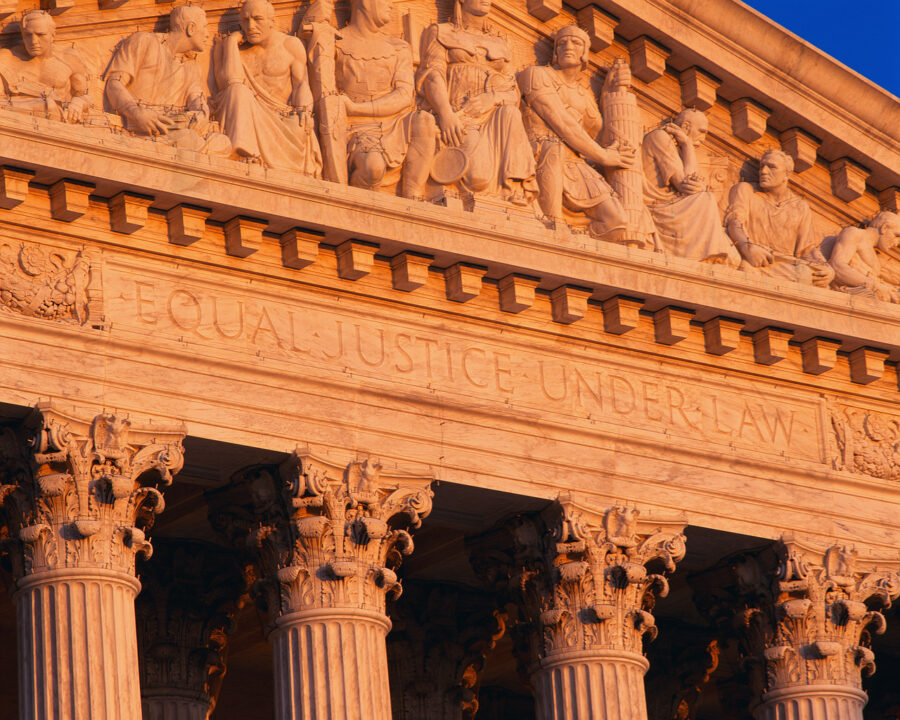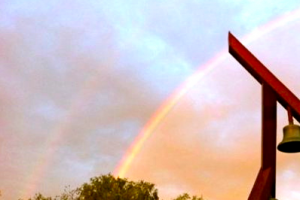**UPDATE, June 9, 2016.
The California Senate Appropriations Committee struck down SB-1888 (proposed by Assemblyman Evan Low), which was the primary legislative bill focused in the article below. However, SB-1146 has been approved by the Appropriations Committee and is moving forward for a vote in the California Senate. SB-1146 was authored by Assemblyman Ricardo Lara (D-Bell Gardens), an active supporter of the LGBT community. Further clarity is needed, but it appears that the self-disclosure regulations of the Bill, while not tied to the denial of State funding, represents significant restrictions on the freedom of Christian colleges to operate its admissions, teaching, and administrative practices. More information about the Legislation can be found here. http://ebar.com/news/article.php?sec=news&article=71621
Also find here, Biola’s statement on the matter and the perceived impact of the Bill’s passage: http://now.biola.edu/news/article/2016/jun/08/preserve-faith-based-higher-education/
Remember, our laws are shields, not swords. No matter where we stand on the issues, we should all oppose laws that attack either LGBT rights or Religious Freedoms in a zero-sum contest and seek instead to uphold laws that promote pluralism and peaceful coexistence.
******
Recent legislative initiatives from LGBT activists (i.e., Equality for California and the National Center for Lesbian Rights) indicate an emerging pattern targeting the rights of religious institutions, primarily Christian colleges.[1] Most notable among these laws is a bill divesting state funding for all religious colleges who apply for Federal Title IX exemption in exercise of their religious beliefs.
To break this down, while Title IX of the Federal Higher Education Act prohibits all educational institutions from discrimination on the basis of sex (or sexual identity), the law permits religious institutions to claim exemption from this requirement when inconsistent with their religious tenets. 20 U.S.C. § 1681(a)(3); 34 C.F.R. § 106.12(a).
This particular legislation sponsored by the LGBT lobby does not regulate actual discriminatory activity among the schools targeted under this law. Instead, the law broadly attaches to any religious institution that simply invokes their federally protected Title IX exemption to exercise their religious beliefs. See, e.g., SB-1888 (headed by Evan Low, D-Silicon Valley); also SB-1887, and SB-1146, proposed out of the Long Beach district similarly targeting non-religious programs within Christian colleges. Under the provisions, the only thing a college needs to do to be denied state (Cal Grant) funding is to exercise their Freedom of Religion rights. The invocation of Title IX exemption serves as proxy for actual discrimination whether or not such activity has taken place within the school. The impact on the divestiture of state Cal-Grant funding, while varied among private colleges, is measured in millions of dollars per year.
The recent remarks of my former Constitutional Law professor, Eugene Volokh, illustrates well just how far the logical trajectory of LGBT legislative action can extend against religious groups in light of our rapidly evolving societal norms and constitutional jurisprudence:
“If I were a conservative Christian (which I most certainly am not), I would be very reasonably fearful, not just as to tax exemptions but as to a wide range of other programs — fearful that within a generation or so, my religious beliefs would be treated the same way as racist religious beliefs are.” New York Times, June 24, 2015.
Translation: Christians are quickly looking at a day when their religious organizations may stand in danger of violating federal law by merely identifying broadly as Christian.
California SB-1888 has yet to be passed into law. It faces a critical hearing this week on May 27, 2016. Regardless of the future of this bill, it remains clear that as for the challenges mounting against Christian organizations and potentially churches, this is only the beginning.
Laws Meant to Be Shields Are Used as Swords. Tu Quoque?
It is supposed to be a truism in American jurisprudence that laws protecting liberties are shields not swords. Nowhere is this truism more challenged than in the conflict between religious freedom and LGBT equality. In defense of their new legislative agenda, the LGBT lobby may respond that they are behaving no differently than religious freedom activists, who in the name of religious freedom, unlawfully deprive the liberties of the LGBT community. The point is not without merit and deserves careful consideration, particularly in light of the more open-ended (though disputed) iterations of the state RFRA laws in Indiana and Mississippi (RFRA stands for Religious Freedom Restoration Act).
A degree of realism is required here, combined with several degrees of caution. In a civil, plural society, established religious groups have the right to self-determination according to their long-standing and core beliefs. Likewise, the LGBT community rightly deserve to be free from discrimination. The potential for both parties in this conflict to weaponize against each other the very laws meant to protect our rights is very real and represents an unfortunate development.
Both religious freedom supporters and LGBT activists should relinquish the machinery of antagonistic law making, with all the enforcement power of the state. This should begin with Christians.[2]
An Appeal to Churches to Publicly Portray Christ
As for the church specifically, I understand the issues are complicated as is the prospect of forging (the desperately needed) unity across the churches toward representing a loving God in the public sphere. In this search for unity, churches will do well to consult her theologians, particularly those who have prayerfully and deeply considered the manner in which the churches are to portray Christ and engage in surrounding culture, politics, and society.
Nothing written here suggests that the churches withdraw from politics altogether; it is, rather, a call to take seriously how we as a church can engage our politics Christianly.
This raises the crucial question of “biblical teaching,” which space demands I defer for another time, except perhaps to say this: Christians and churches seeking to “think biblically” on the topic of homosexuality and gay marriage must also develop with these a robust theology of sexuality as a whole (including sex within marriage, outside marriage, among teens, meaningfully handling the issues concerning masturbation, internet pornography, singleness, and celibacy). Observers and theologians alike have noted (fairly, I think) that a good many Christians on this subject display an underdeveloped (if not inconsistent) theology of sexuality, the fixation on gay marriage only confirming a particular selectivity to the biblical witness.
FN:
[1] Full Disclosure: I am a former litigator and current educator at Talbot School of Theology, a part of Biola University, one of many private colleges in California that may be negatively impacted by the passage of these laws. The views written here are my own and do not reflect the official views, beliefs, or opinions of any religious institution or church.
[2] Often mischaracterized in this conversation is the perception that Christians are generally behind much of the legal initiatives of religious freedom activists, improperly locating some of the more radical aspects of the religious freedom agenda within the broader principles of Christian practice. This is simply untrue. The coalition that makes up the religious freedom agenda will involve social conservatives and various religious groups, among which some Christians of various stripes and “strange bedfellows” are a part.





1 Comment
Leave your reply.